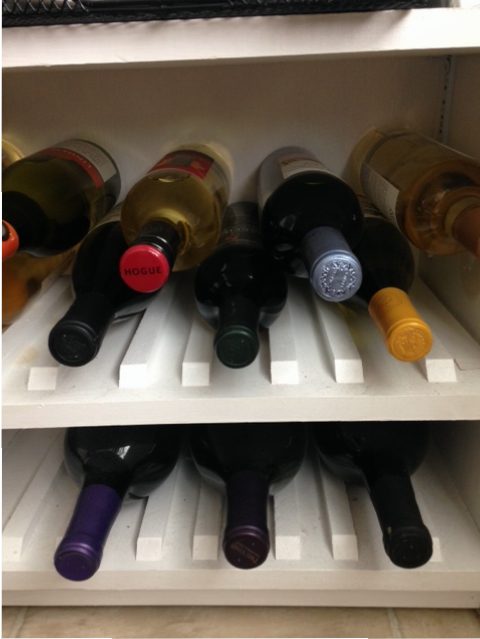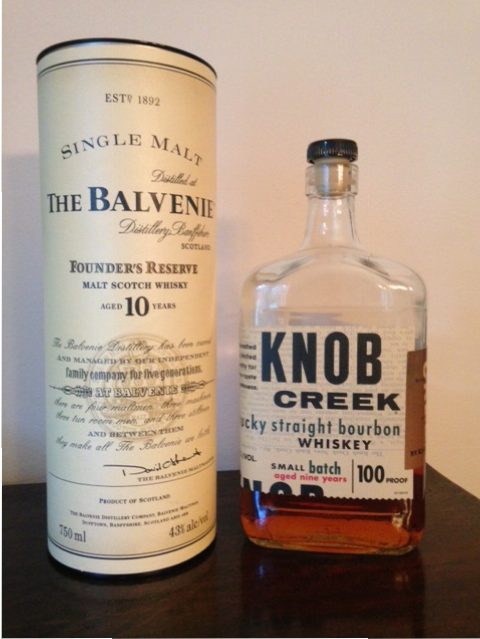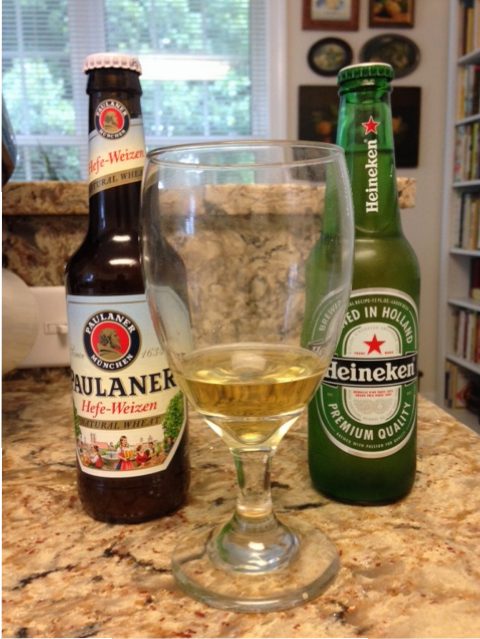
Keep it on the page!
Surely everyone can name at least one famous writer also famous for drinking. Think Raymond Chandler, Tennessee Williams, Dorothy Parker, Edgar Allen Poe. . . . If not, an internet search will turn up titles like these.
- Top 15 Great Alcoholic Writers
- Drinking Habits of Famous Authors
- Top 10 Drunk American Writers
- 99 Writers who Were Alcoholics, Drunks, Addicted To Booze, Etc.
- 25 Great Writers Who Battled Drug Addiction and Alcoholism
- All The Drunk Dudes: The Parodic Manliness Of The Alcoholic Writer
- ‘Every hour a glass of wine’—the female writers who drank
- What drives writers to drink?
This last question has led to numerous academic examinations and investigations of the topic.
As for “How to Drink Like Kerouac, Hemingway, and Other Famous Writers,” don’t try this at home, lest you end up on the list of “Famous Alcoholic Writers Who Died of Alcoholism.”
So, although I don’t advise writers to drink, I do advise knowing about alcohol. It’s such an integral part of life in America—celebrations, business dinners, relaxation, sports events, picnics, parties, all sorts of gatherings from weddings to funerals—that one can hardly write realistically without scenes involving alcohol. So here are a few basic facts you should be aware of and ready to justify if you go against them. See below for why your petite female PI would be unlikely to drink a hulking athlete under the table.
Alcohol for Writers: The Facts
- In general, bigger people, more muscular people, and males get drunk slower than smaller people, less-muscular people, and females.
- Even controlling for height and weight, women absorb alcohol faster and metabolize it slower than men. In other words, they get drunk faster and stay drunk longer.
- In general, the health-related problems for women drinkers come on faster and are more devastating than for men.
- People get drunk faster on an empty stomach than after a full meal. I’ve read that ancient Romans drank olive oil to coat the stomach before their binges, because that slows-down the absorption of alcohol into the bloodstream.
- People who drink regularly and heavily have a greater capacity (tolerance) than those who drink less.
- People are more likely to blackout from fast drinking than from slow drinking of the same amount of alcohol.
- A standard drink is defined as 1.5 oz.shot of liquor, 5 oz. of wine, or 12 oz. of beer. Most wine coolers are the equivalent of one standard drink. FYI, heavy drinking = anything more than two drinks per day for men or 1 drink per day for women.

- Having 2-3 drinks can cause a loss of motor control 12 to 18 hours after drinking. Name your accidental injury—falls, drownings, automobile accidents, etc.—and the incidence goes up with alcohol consumption. Name your intentional injuries—shooting, stabbing, physical violence, rape—it’s more likely to happen with alcohol.
- There’s a reason athletes don’t drink before big events. Two to three drinks can deplete aerobic capacity and decrease endurance up to 48 hours after consumption.
- Alcohol impairs both learning new information and recalling previously learned information.
- Alcohol is a depressant for the central nervous system. People initially get “high” because the first thing to get depressed is inhibitions, creating a willingness to party and live dangerously. But beyond the buzz is the risk of seriously depressing metabolic functioning. A pulse rate below 40 or a breathing rate slower than 8-10 per minute is a medical emergency!
- The website brad21.org is a great resource for writers! B.R.A.D. stands for Be Responsible About Drinking. It’s a series of bullet facts, well-footnoted for further reading.
Other Things Writers Should Know
…especially if a main character drinks.
First, perhaps most obviously, you need to
decide on a preferred drink. According to bartenders, here are 10 drink stereotypes to help you create the desired impression. (Taken from
complex.com, “The Funny Ways Bartenders Stereotype You Based On What You Drink.”)
-Vodka sodas are for people who want to lose weight—or want people to think so—but not enough to quit drinking.
-Jager bombs and vodka Red Bull are for basic bros.
-Blue Moon is for craft beer posers.
-Real craft beer drinkers are actually pretty cool.
-Annoying people act like they invented picklebacks. (Apparently a shot of whisky followed by a shot of pickle juice—really.)
-Buttery Chardonnays are for soccer moms.
-Only rookies drink Appletinis.
-Bud Light is for sporting events and day drinking, not Saturday night.
-Martinis are a classic, classy drink.
-Shots should be taken with a beer or a celebration. (Otherwise they’re for alcoholics.)
For a funny but useful commentary on everything from absinthe to wine see
pointsincase.com, in an article titled “What Your Drink Says About You.”
Second, know your character’s drink. Know what it looks like, how it smells, how strong it is, and its taste. Also, whether wine, beer, or liquor, a drinker is likely to have the everyday brand and the special-occasion brand.
Third, know your character’s drinking habits and reactions. Know when, where, under what circumstances, and how much s/he drinks. People usually have a pattern of reaction to alcohol, roughly: fall asleep, talk more, repeat him/herself, verbal abusiveness, physical violence.
Takeaway for Writers
What’s good for characters isn’t good for authors!




